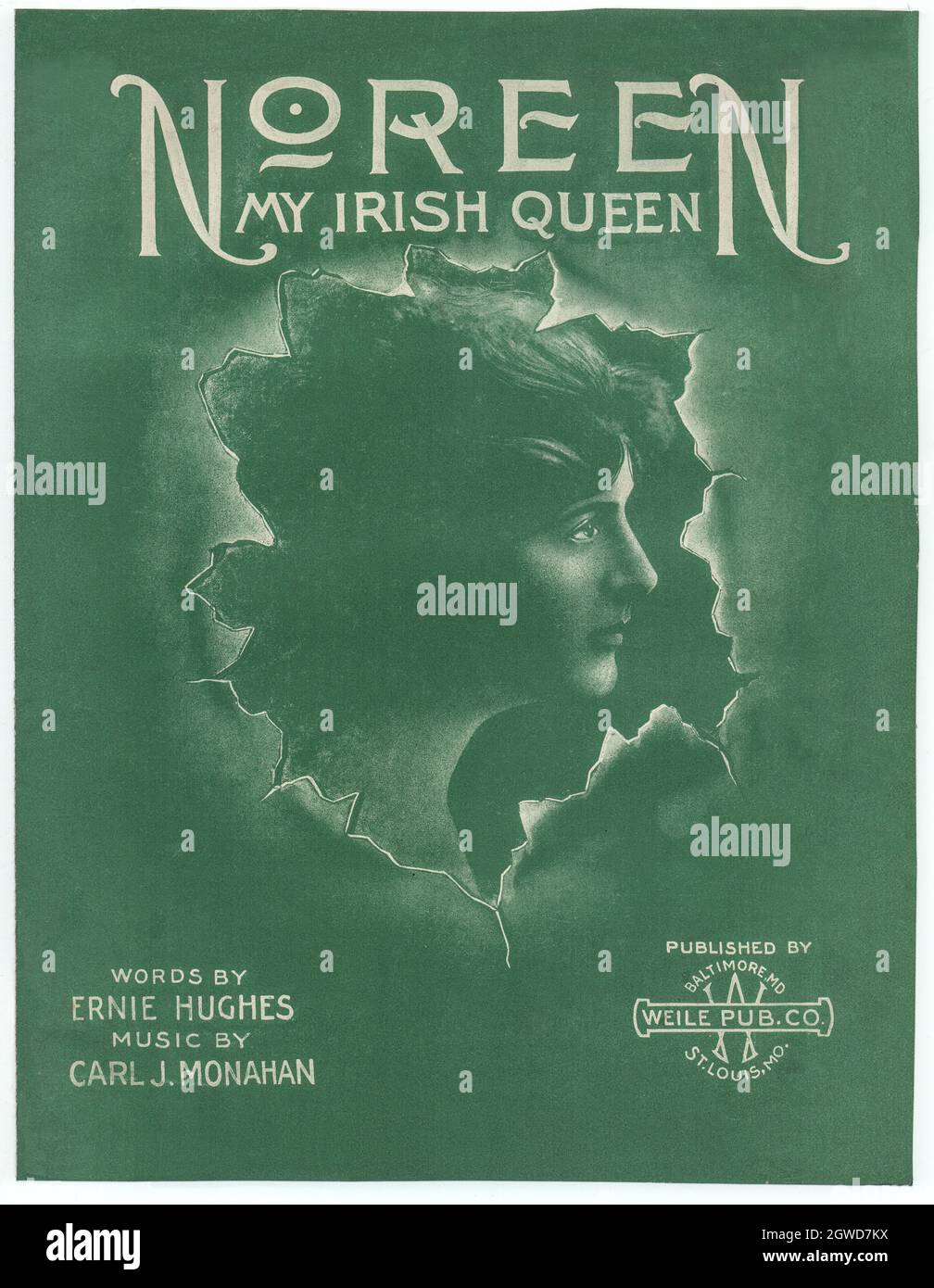Cancers, Free Full-Text
Por um escritor misterioso
Descrição
Lung cancer remains one of the leading causes of cancer-related deaths worldwide, emphasizing the need for improved diagnostic and treatment approaches. In recent years, the emergence of artificial intelligence (AI) has sparked considerable interest in its potential role in lung cancer. This review aims to provide an overview of the current state of AI applications in lung cancer screening, diagnosis, and treatment. AI algorithms like machine learning, deep learning, and radiomics have shown remarkable capabilities in the detection and characterization of lung nodules, thereby aiding in accurate lung cancer screening and diagnosis. These systems can analyze various imaging modalities, such as low-dose CT scans, PET-CT imaging, and even chest radiographs, accurately identifying suspicious nodules and facilitating timely intervention. AI models have exhibited promise in utilizing biomarkers and tumor markers as supplementary screening tools, effectively enhancing the specificity and accuracy of early detection. These models can accurately distinguish between benign and malignant lung nodules, assisting radiologists in making more accurate and informed diagnostic decisions. Additionally, AI algorithms hold the potential to integrate multiple imaging modalities and clinical data, providing a more comprehensive diagnostic assessment. By utilizing high-quality data, including patient demographics, clinical history, and genetic profiles, AI models can predict treatment responses and guide the selection of optimal therapies. Notably, these models have shown considerable success in predicting the likelihood of response and recurrence following targeted therapies and optimizing radiation therapy for lung cancer patients. Implementing these AI tools in clinical practice can aid in the early diagnosis and timely management of lung cancer and potentially improve outcomes, including the mortality and morbidity of the patients.

Emerging Utility of Urinary Cell-free Nucleic Acid Biomarkers for Prostate, Bladder, and Renal Cancers - European Urology Focus

PDF) Predictors of recurrence free survival for patients with stage II and III colon cancer
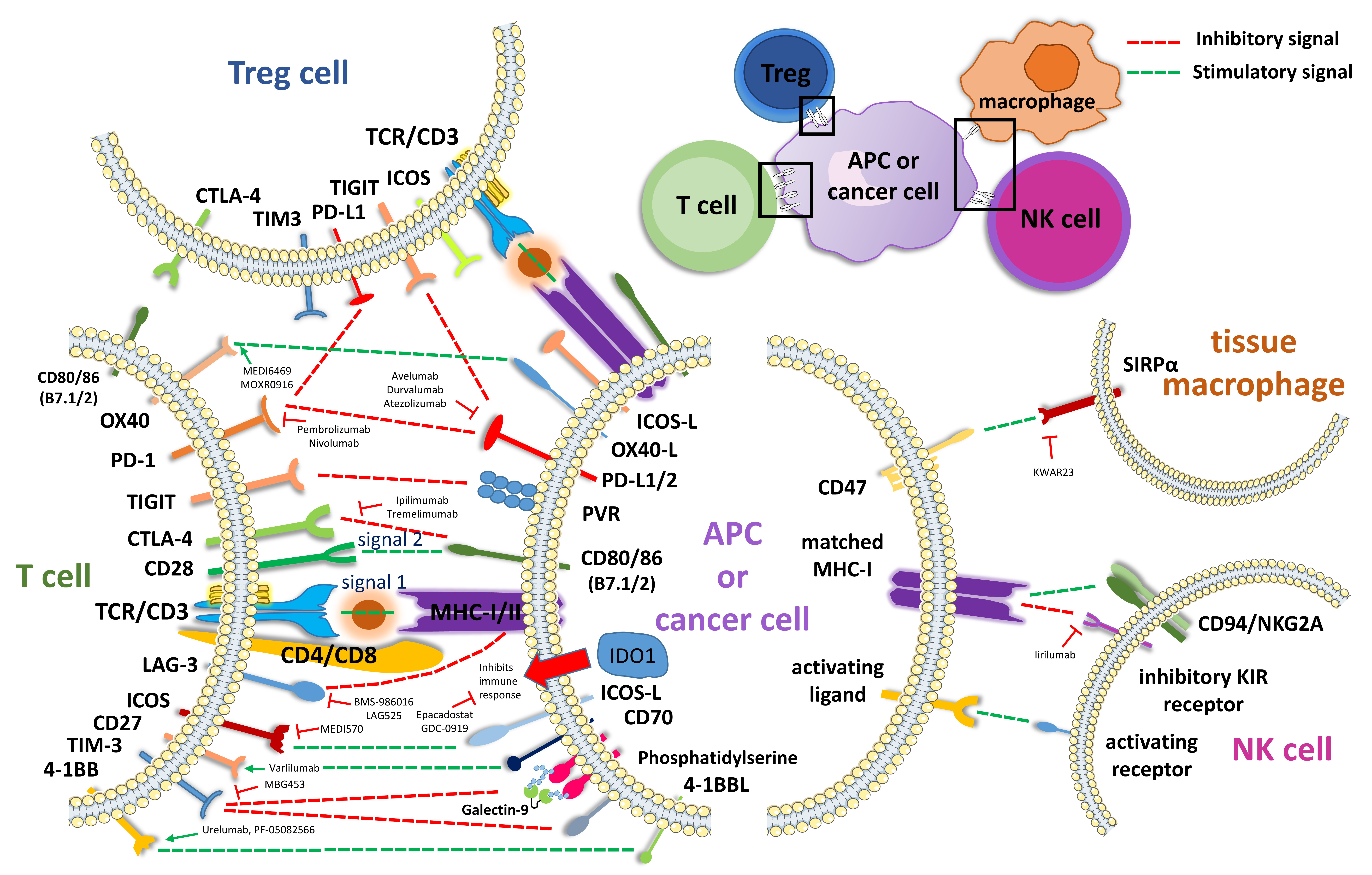
Cancers, Free Full-Text
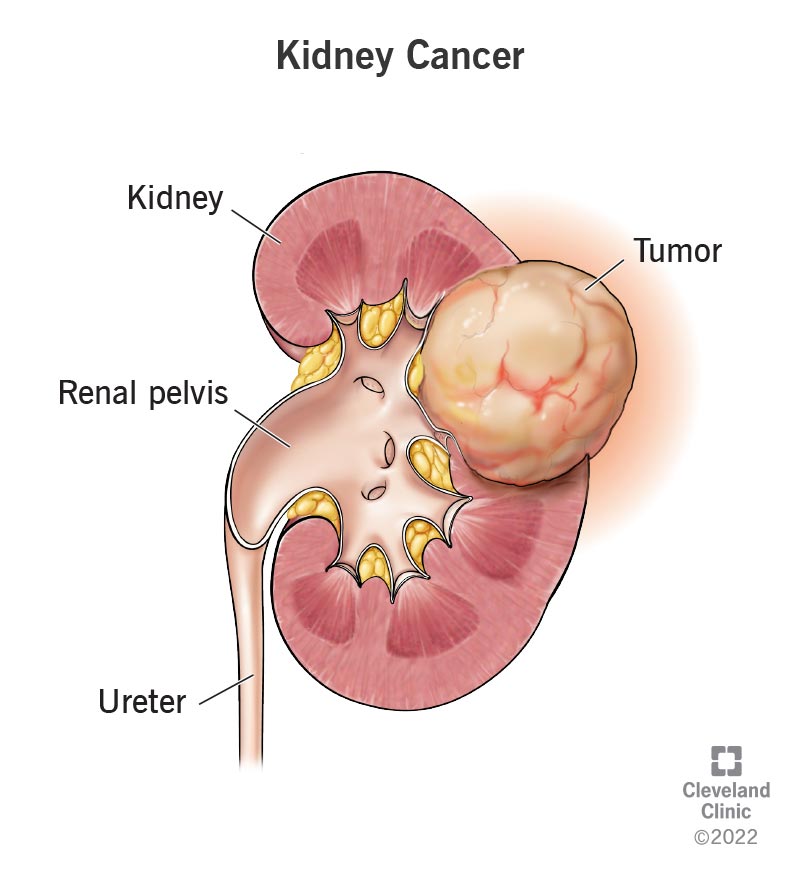
Kidney Cancer: Symptoms, Signs, Causes & Treatment

Hypercalcemia and treated breast cancers: The diagnostic dilemma – topic of research paper in Clinical medicine. Download scholarly article PDF and read for free on CyberLeninka open science hub.
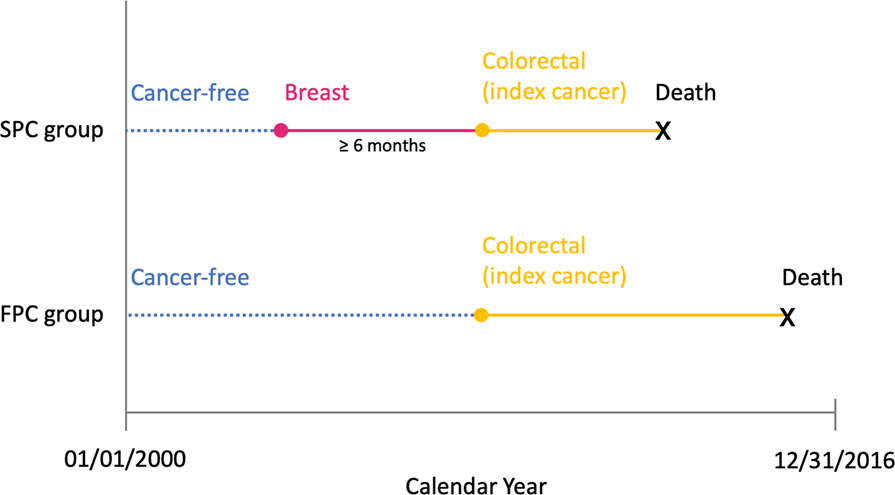
Mortality after second malignancy in breast cancer survivors compared to a first primary cancer: a nationwide longitudinal cohort study

The Hallmarks of Cancer: Cell

Intratumoral plasma cells predict outcomes to PD-L1 blockade in non-small cell lung cancer - ScienceDirect

Stand Up To Cancer - Cancer Research Charity
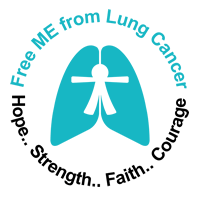
Home - Free ME from Lung Cancer

Cancer Survivor Photo Booth Props You Are My Hero Sign

Cancers, Free Full-Text

American Cancer Society Cancer Action Network - ACS CAN, Nonprofit organization
Cancers, Free Full-Text
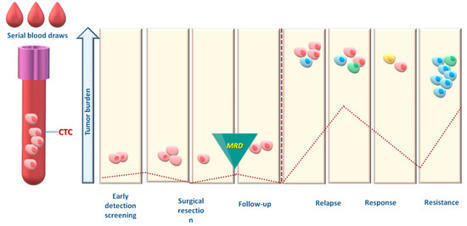
from Flow Cytometry to Cytomics, Page 2
de
por adulto (o preço varia de acordo com o tamanho do grupo)







